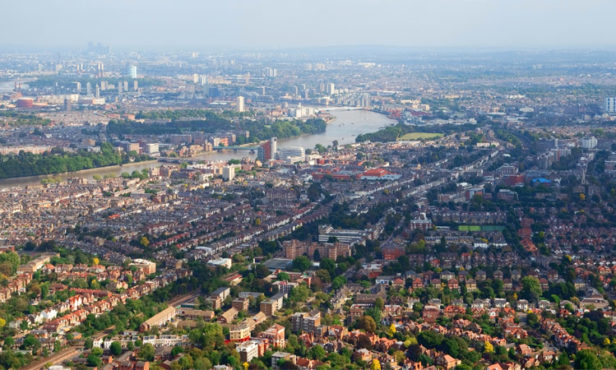Only 29% of first-time buyers are intending to purchase a property in a city, according to Trussle.
In comparison, over half (53%) are planning on buying a home in a town or suburb.
Trussle believe the lack of desire to live in a city by a FTB stems from unaffordability.

Ipswich Building Society enhances income multiples for high earners
The data shows that 65% of respondents felt it was already ‘impossible’ to get on the housing ladder.
In addition, the research found that the average budget for a first home was £174,266, while the average price of a property in London is £463,536.
Respondents outlined that they felt that coronavirus was exacerbating problems of affordability and 35% stated that the financial impact of the pandemic had left them priced out of the market.
Data from Trussle also showed that there were just 163 90% LTV mortgage products available in December 2020 compared with 3,053 at the same time in 2019.
Buyers now need to save larger deposits, often 15% of the property price or higher, as many 90% LTV mortgages have disappeared.
As a result, 40% of those who have moved back in with their parents think it will take up to five years longer to save for a deposit.
A lack of high LTV products would have a disproportionate impact on affordability in city centres where property is more expensive and would require more upfront savings, according to Trussle.
Miles Robinson, head of mortgages at Trussle, said: “The pandemic has increased the financial pressure many first time buyers were already feeling, as well as creating a seismic shift in what people expect from their home.
“As a result, financial pressures and rising house prices, alongside a desire for more outdoor space, means demand in more affordable rural locations is currently outpacing that for urban destinations.
“But, lenders are starting to return to the market with higher LTV products, which could make more expensive homes in the city more accessible again.
“And, we may see renewed interest in city living once the vaccine has been rolled out and things begin to return to normality.
“As such, only time will tell if the current lust for country properties is a long term trend or more of a spontaneous response.”

